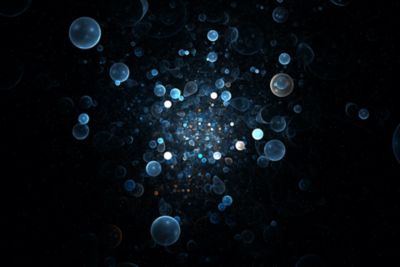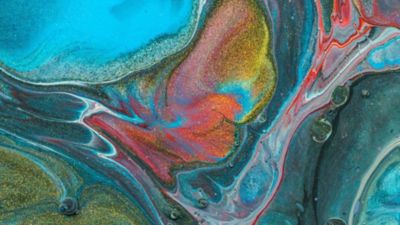School of Engineering
At the School of Engineering, we are recognised for our work-relevant education programs, excellent research facilities, creative real-world project work and robust relations with local and international industry leaders.
Research information for academic staff
Visit the staff site for information about managing your research practice: managing the ethical, logistical, financial and legal aspects of your research.
Information for research candidates
Visit the students site to find out how to manage your candidature from getting started to completion and to make the most of your research training experience.


